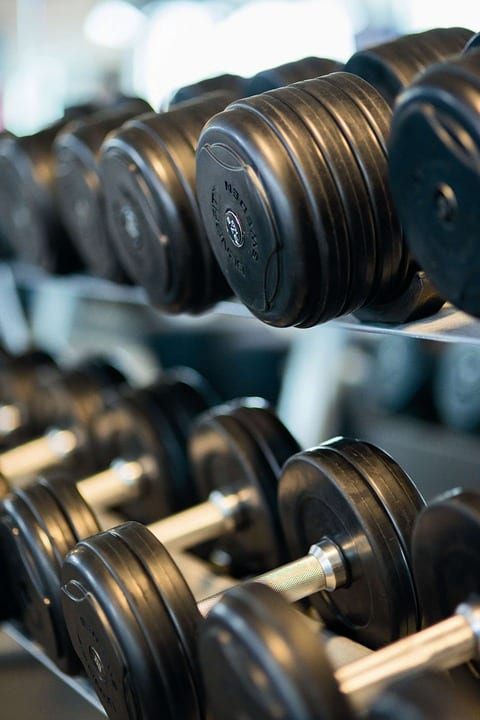 Even with the best intentions to regularly engage in fitness, life sometimes brings about changes in your schedule. And whatever the reason, skipping workouts leads to loss of accumulated body progress. How do these gaps impact in the classroom on your body? Consider 5 common scenarios.
Even with the best intentions to regularly engage in fitness, life sometimes brings about changes in your schedule. And whatever the reason, skipping workouts leads to loss of accumulated body progress. How do these gaps impact in the classroom on your body? Consider 5 common scenarios.
Case A: you’ve had a crazy busy month at work, and you completely stopped the habit to go to the gym 4 times a week.
The result: a Combination of cardio and strength training is ideal to reduce or maintain weight, build muscle and improve overall health. Stop classes for a month, and you will immediately notice that the bland mastali steel, wear purchase from the store became heavier, and climbing stairs is difficult. “In the study, watching the newcomers, regularly engaged in physical exercises for 2 months, it was revealed that their strength increased by 46%, and after 2-month break in classes, this figure had fallen to 23% — almost a half of progress,” says the expert in physical training of the vine, Westcott, adding that the participants still remained in the win, than if they did not play sport at all. In addition, the more prepared you were before the termination of employment, the slower will be the regress: the triathlete during the passage of training to lose only 5-10% of their physical training for 1-2 months. And yet, returning to his fitness routine, do not rush to catch up. For strength exercises, choose a load of 75% from what you were accustomed to a break in classes, and increase it gradually. To return to previous levels you will be able in half the time that you missed.
Case B: Previously, you worked miracles with the rod, but stopped to do intensive training for several months, limited to a couple sessions on the treadmill per week.
The result is obvious: In this case, your aerobic training should be at the top while you can see that the strength and muscle tone weakened. Without power loads you probably will lose muscle mass and gain extra fat deposits even if the scales remain the same. “Amazingly, research indicates that seasoned runners lose muscle mass at the same rate — 2.5 kg per decade — as the people leading a sedentary lifestyle, says Professor Westcott. — Running and other aerobic exercises do not help to increase or maintain muscle mass.” Keep yourself in form and smaller power loads — at least 75% of the usual volume.
Case C: You ran a half marathon, which was enthusiastically prepared, and then made a gap of a few weeks to recover.
The result is obvious: This holiday is not a big aerobic loss for a person in excellent shape. “You will drop the enthusiasm, but you will be able to catch up fairly quickly, says Westcott. — Not in a hurry to return to the usual training in full”. He recommends that you do not overload your heartbeat and advises not to bring themselves to exhaustion — durites at 7 on a 10-point scale. Professor Westcott also recommends that you exercise weight training to build muscle for more effective cardio workouts.
Case D: You immersed in yoga, but now want to go back to Crossfit, abandoned a couple of months ago.
The result is: the Change of one occupation to another — not necessarily a bad idea. But don’t forget that the return to program “A” after the program “B”, you are to take their positions in the “A”. Returning from yoga to Crossfit, you may not find in yourself forces some time. And in General, what something to do, when you can do both!
Case E: You got injured and could not (or would not) do fitness for six months.
The result is obvious: In such circumstances, you will lose some muscle mass and build fat tissue (like only one injury was not enough!), especially if because of them you not only missed physical education, but little was moving. “When will you be able to return to sports, do it extremely dosed, says of Westcott. Even half from the previous load can be excessive. To start with you have the minimum of exercises that do not cause pain.” If you only got into this unpleasant situation, it is recommend to increase protein intake to slow muscle loss to a break from exercise.
Image credit: Eirin
